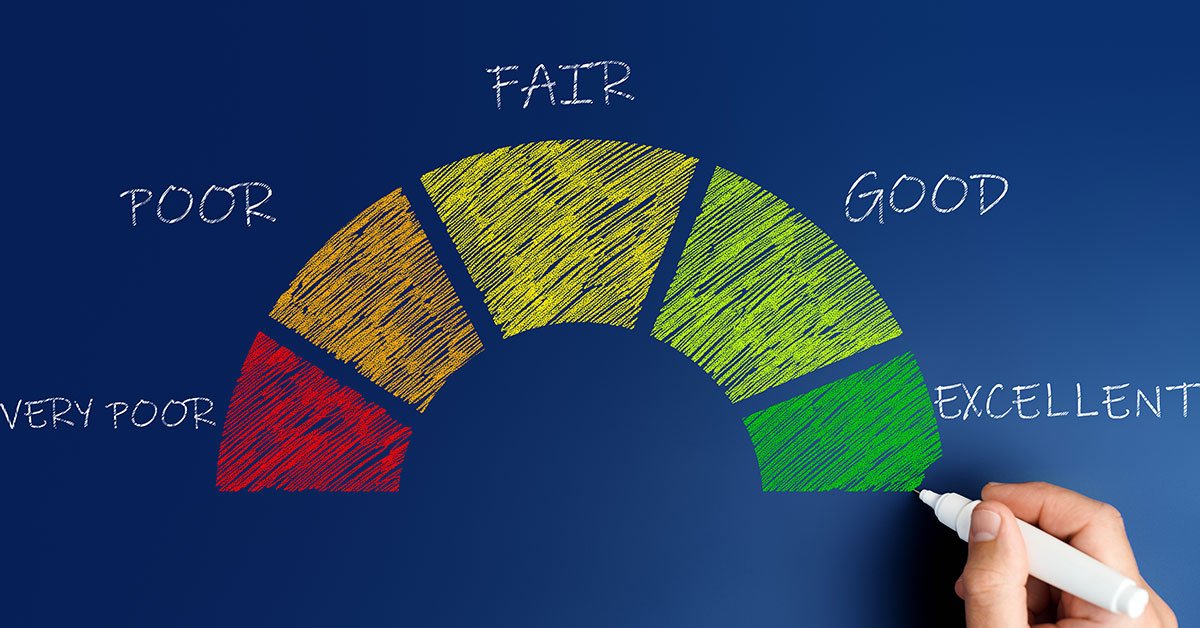
Advice to a Young Man in Texas
May 1, 2023
Quarterly Market Review Q2 2023
July 4, 2023By: Bradley Miller
I can recall the day I turned 16 years old, and my dad strongly suggested (forced) me to get a job at our local Publix Supermarket. He said it was good for me to start saving my own money, budgeting, tithing and learning how to handle money on my own. That same day, my father took me to a local bank to open up a checking account and a credit card. I had certainly heard of a credit card before, but it was mostly negative stories about people racking up credit card debt and falling into a lifetime of interest and debt. My Dad simply explained to me that you have to pay off your credit card each month, it isn’t like this is “free-money”, the bill comes due every month. Once that notion was understood, I started to treat my credit card more like a debit card. I would never spend more than what was available in my checking account. More importantly, I liked saving money and having extra cash at the end of each month to watch my checking account grow and dream of what the future may look like one day. Learning to live within your means is a trait that will benefit you for the rest of your life. Today’s culture is an immediate culture and says to spend now, pay later. This is the opposite of what we should be doing. There is satisfaction in saving up for something and finally being able to purchase it.
With that said, there are times when taking a loan and using our credit is needed. Most of us won’t have the ability to pay for a home in cash; we will have to take out a mortgage and lenders will be looking at your credit score to determine what type of borrower you are. Perhaps a new car is a necessity, and you haven’t been able to save up enough cash to cover all of the cost; an auto loan may be needed. You quickly realize how important your credit score is and if you want to receive as favorable of a rate as you can get, then these are some important factors to know about how your credit score is formulated.
Let’s start with the most important factors which are payment history, credit card use, and any derogatory marks on your record such as a bankruptcy or lien. Payment history is the percentage of payments you have made on time. Lenders want to know that they can trust you in paying back your debt and any time you miss a monthly payment, this will negatively impact your credit score. Generally speaking, anything below a 97% on time payment history is considered bad, thus the expectation is that you are consistently making monthly payments. This percentage is calculated as a formula that includes all the possible payments you can make across all of your accounts. If you had 150 possible payments in your credit history but had 4 late payments during that time, then (150-4)/150 = 97.3%. Credit card companies want you to spend and will present you with a minimum monthly payment option. You should absolutely strive to pay off the full amount of your credit card each month, not just make a minimum monthly payment. The remaining balance will roll over to the following month and interest will begin accruing. This is a bad habit to get into as you feel that you are only making minimum payments but in reality, interest will begin piling up on you and you will start to feel that you are never paying off your credit card balance and can feel trapped. Credit Karma, an Intuit company, states that a single 30 or 60 day missed payment is easier to recover from but can hurt your score significantly. A 90-day missed payment is more damaging and could disqualify you from certain loans. After 90 days, missed payments can become charge-offs and be sent to a collection agency.
Credit card use is another significant factor that goes into your credit score. More importantly how much credit you are using compared to your total limits. Ideally, from a credit perspective, lenders don’t want to see you using a high percentage of your credit limit. In a perfect world, less than 10% is excellent whereas anything over 50% would be a red flag. Remember that you do not need to carry any credit card debt in order to build credit.
The final high impact factor is derogatory marks on your credit report. Some examples of this are collections, tax liens, bankruptcies or civil judgements. Ideally, lenders do not want to see you have any of these on your record. Having 1 on your record would be deemed “fair” but 2 or more is going to be a red flag. These derogatory marks generally stay on your credit report for up to 7 – 10 years. If you do have a collection against you, try negotiating your debt and see if you can work with the lender on a payment plan as you want your record to be as clean as possible.
Credit age has a medium impact on your credit score. This is simply the average age of your open accounts. Lenders ideally would like to see several years of credit history, thus proving that you can handle having credit and making timely payments back to them. Having credit history of 9 years or more is considered excellent and anything less than 4 years would be considered as “needing work”. It’s a good idea to keep your accounts open and in good standing. If you are closing out accounts, don’t close out your oldest credit card as that is what provides you with the longest credit history. Once an account closes or if your 30-year mortgage gets paid off after 30 years as an example, this account will drop off your credit report and that may cause your credit score to drop since your credit age history for that account will no longer be on your credit report.
A low impact factor on your credit score is the total number of accounts (open or closed) you have. An excellent rating would be having more than 21 accounts. Anything below 10 would be considered as “needs work”. Honestly, this number surprised me. I am generally not a fan of having several credit cards on hand as I try to keep my financial life simple, however lenders like to see that you have used a variety of accounts responsibly. It is a good idea to have a few credit cards on hand, unfortunately we live in a day and age where credit card fraud is common. By having additional credit cards on hand, you at least have a back-up card to use if one of your cards experiences fraud and a new one has to be mailed to you in the meantime. Credit cards put the burden on the credit card company; as opposed to a Debit card which is linked directly to a checking or savings account. I generally always use a credit card to make my purchases and simply pay off the balance at the end of each month. If someone were to steal your debit card information, they would potentially have access to your checking account and be able to withdrawal cash. A credit card will help to protect you from that scenario. Having different account types such as credit cards and loans can help your credit score. Again, this is a low impact factor so don’t feel like you have to have a large amount of lines of credit as this will have a minimal impact on your credit score, but it is an impact nonetheless.
The final factor is hard inquiries which is a low impact. This is the number of times you have applied for credit. Hard inquiries stay on your credit report for up to 2 years. The impact of these fade as time progresses, generally after 3 months your score will bounce back after an inquiry. If you know you are going to start looking for a home/mortgage, then plan ahead and try to minimize or not have any hard inquiries at least 9-12 months prior to you home shopping. Having no hard inquiries is considered excellent, having 5 or more is considered a red flag as it shows lenders that you may be shopping around for credit and needing help or potentially can’t afford to pay back borrowers.
In summary, your credit score is an important piece of data that tells lenders how trustworthy you are when it comes to handling and paying back debt. I would urge you to talk to your teenage children as my dad did, and explain what a credit card is and how to properly use one. The sooner that someone can start the clock on their credit history the better. As always, if you have any questions or wish to discuss personal finances with us, then please reach out to us and we are happy to speak with you.




